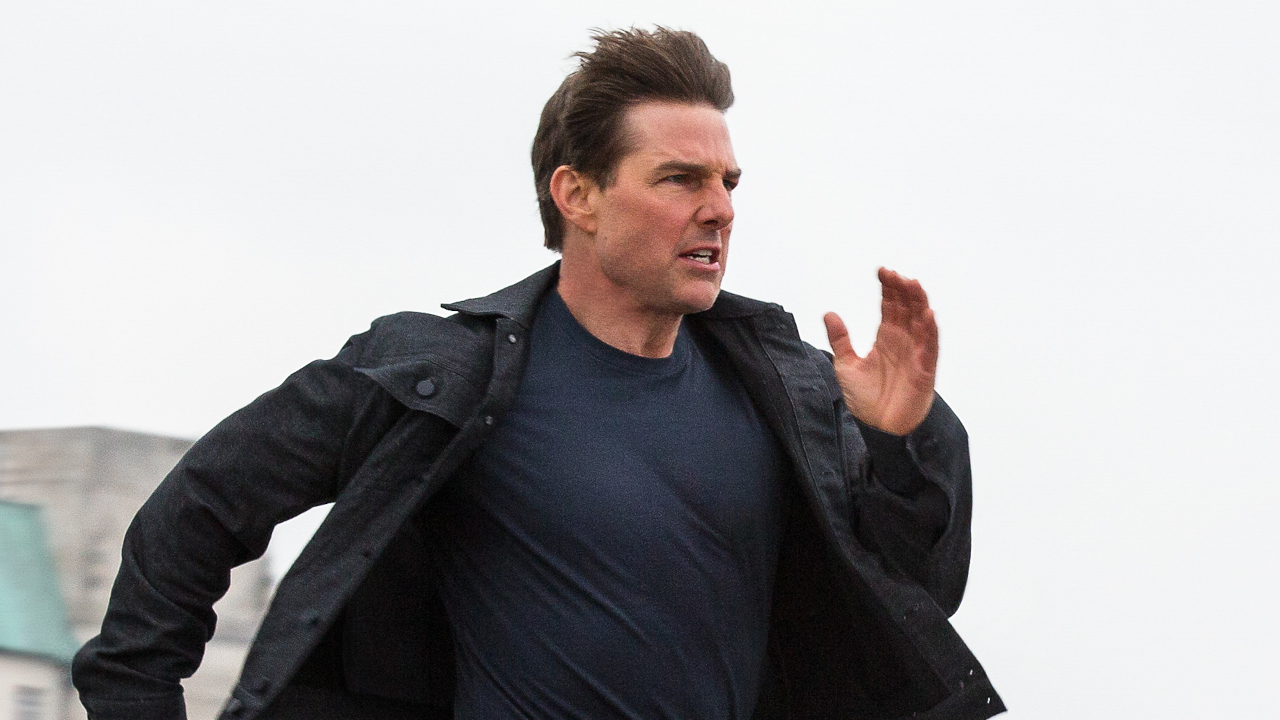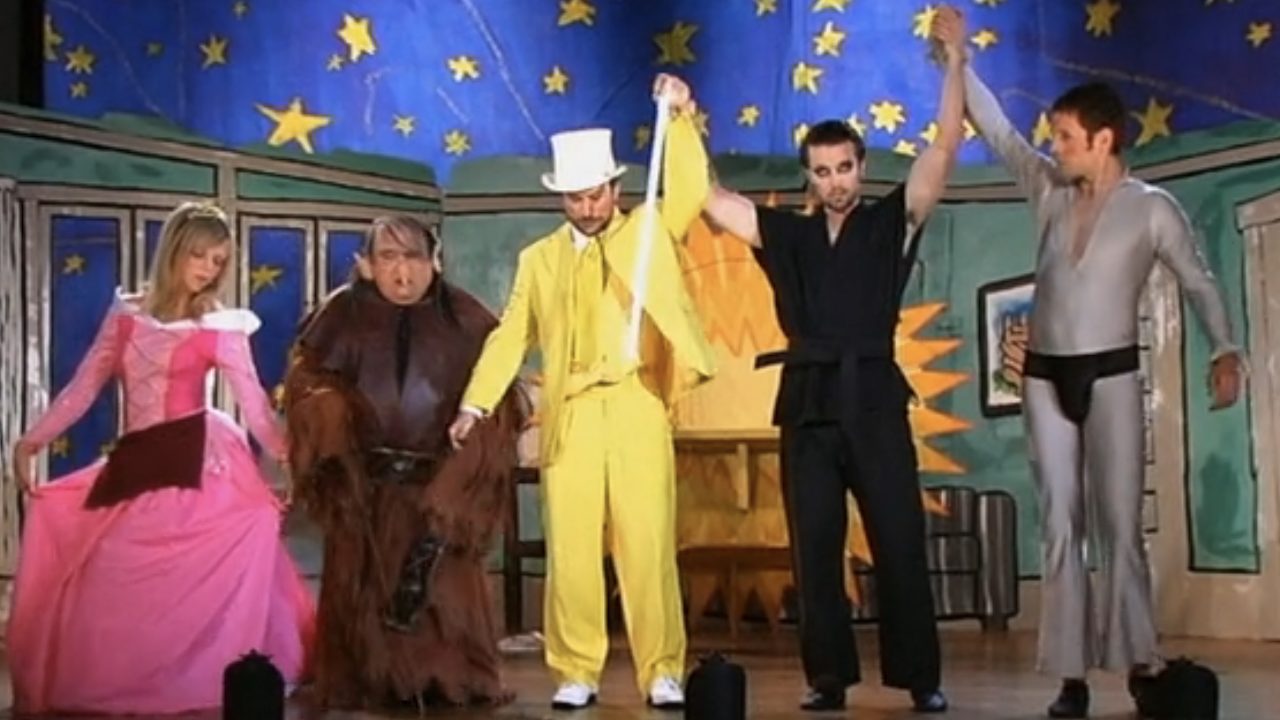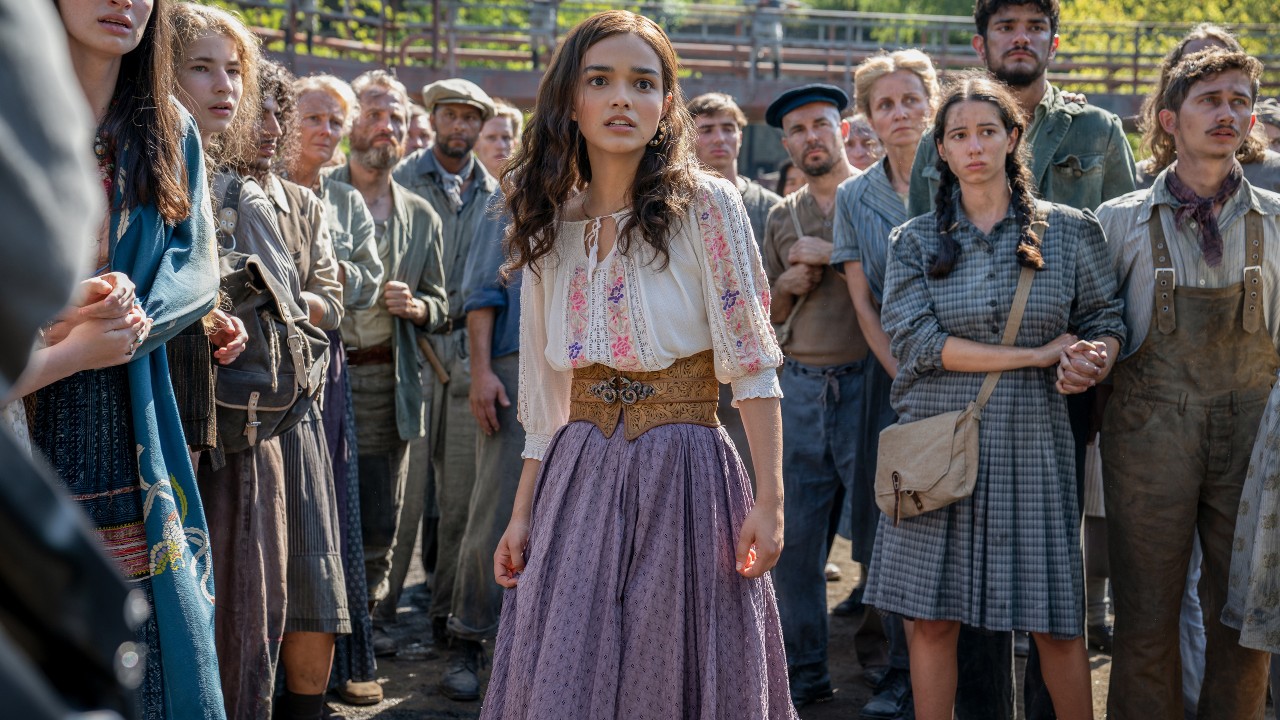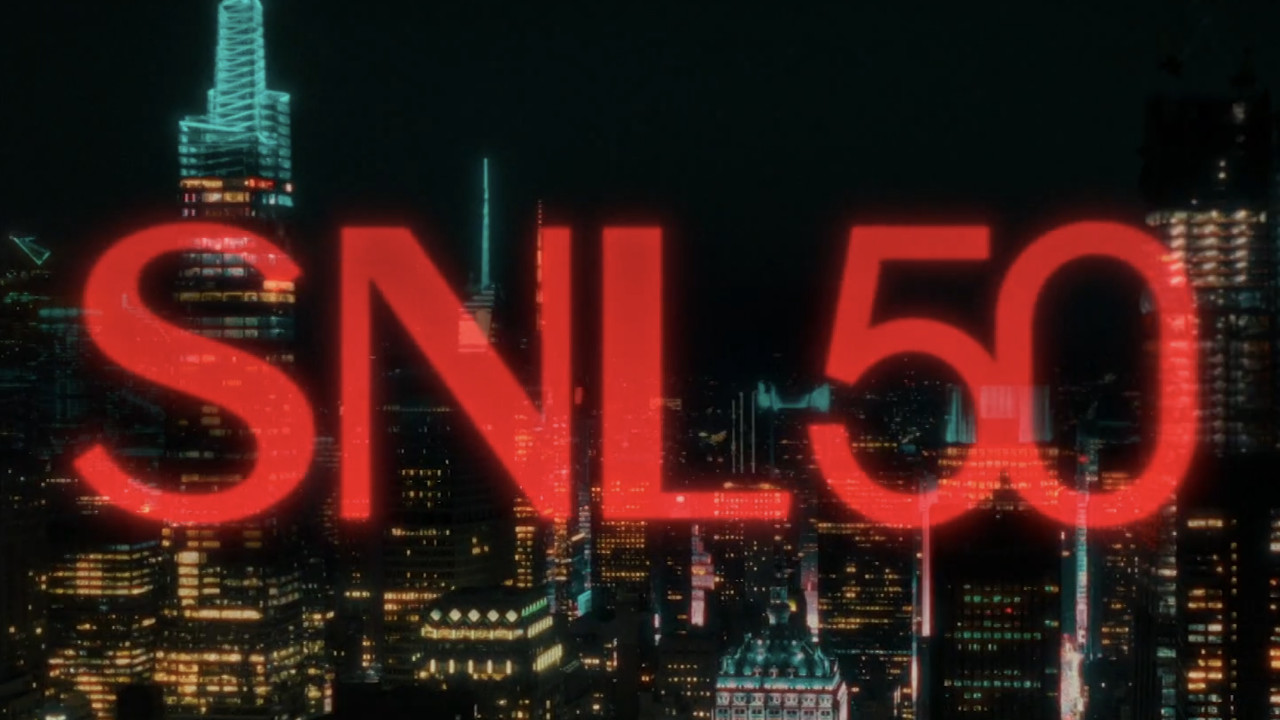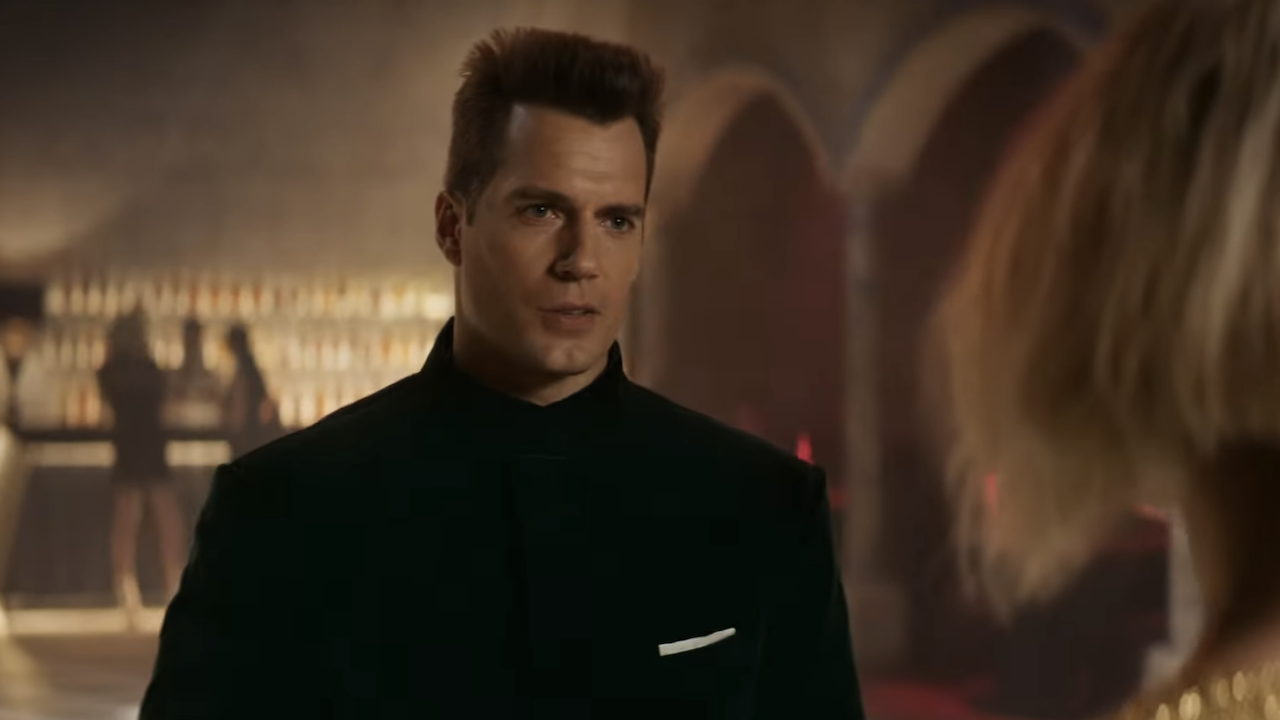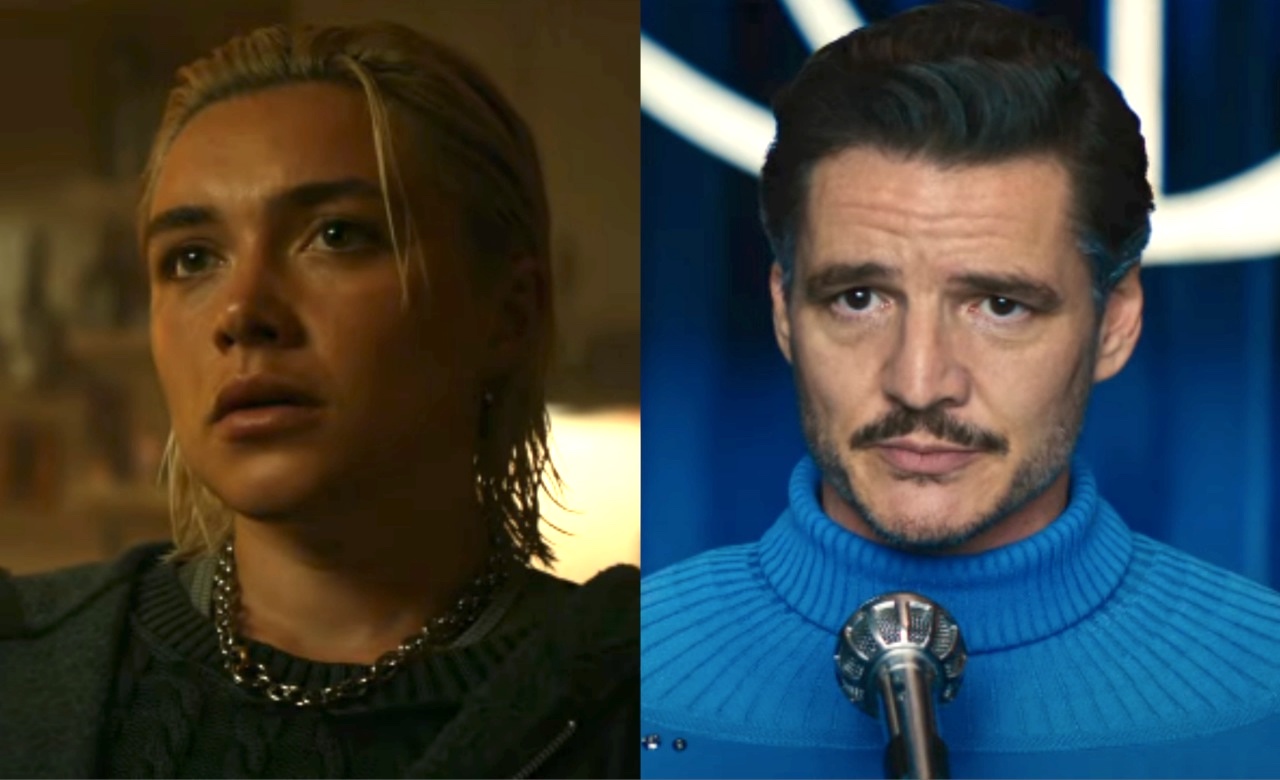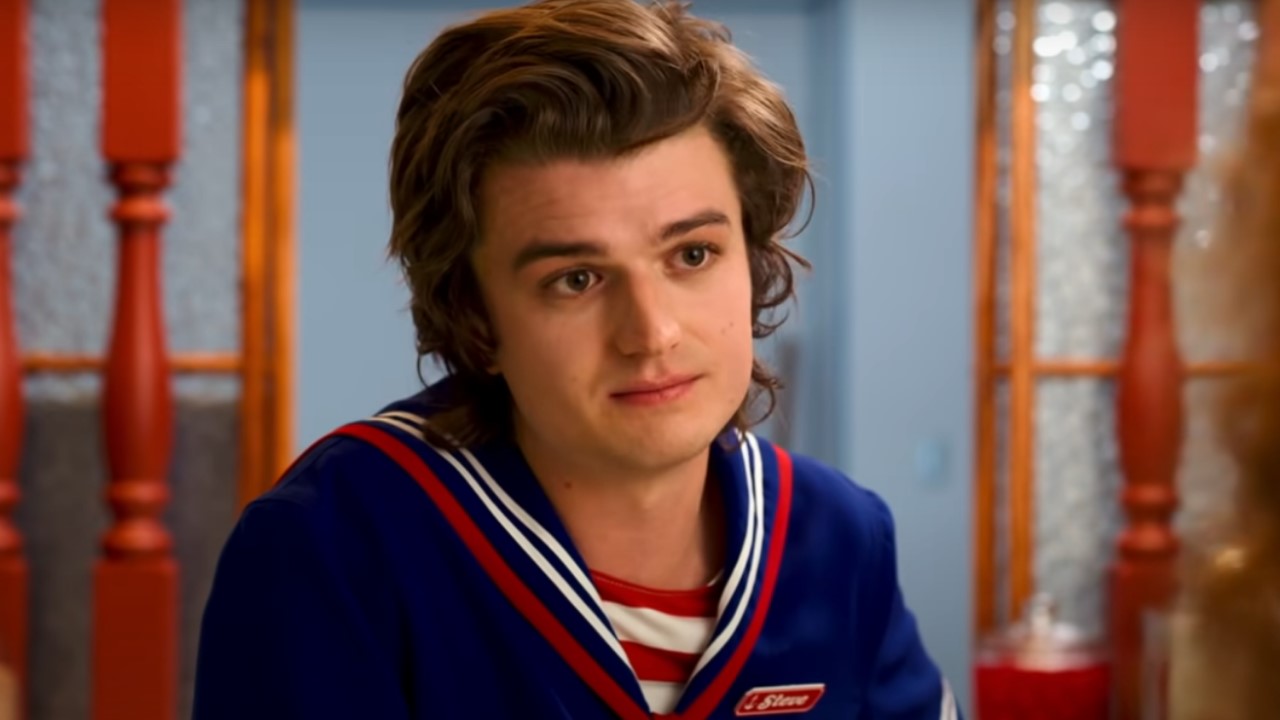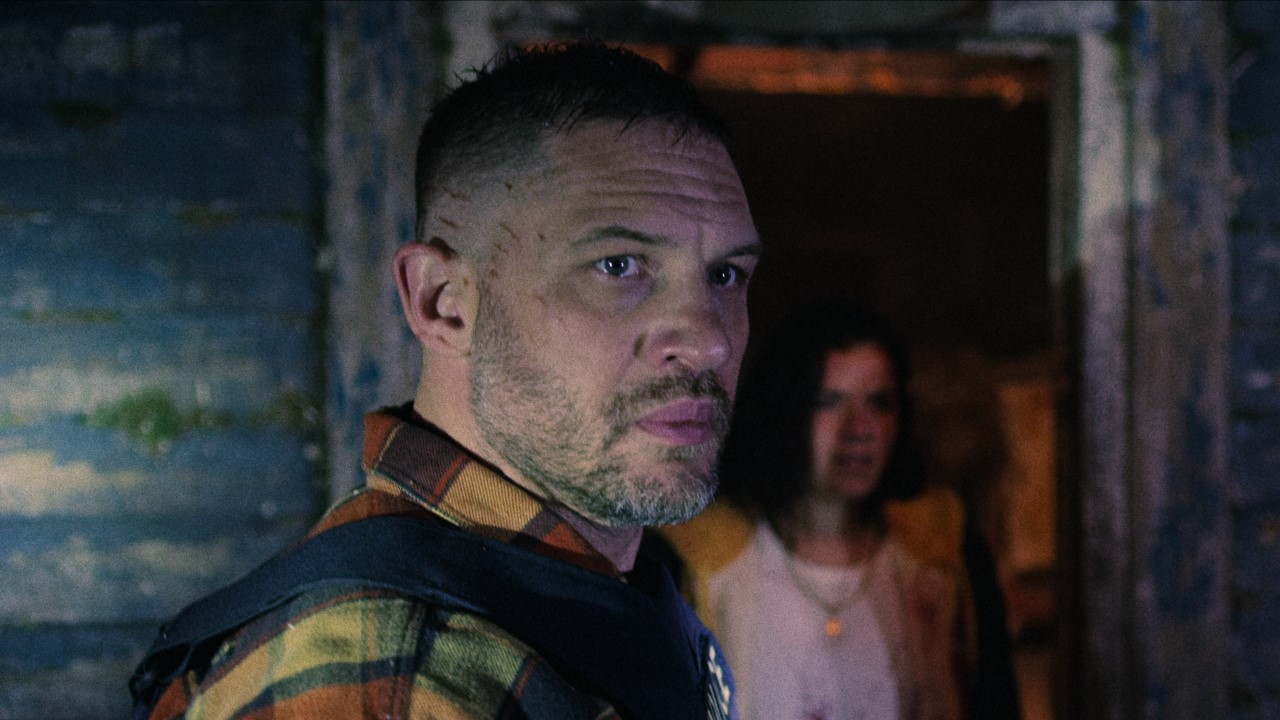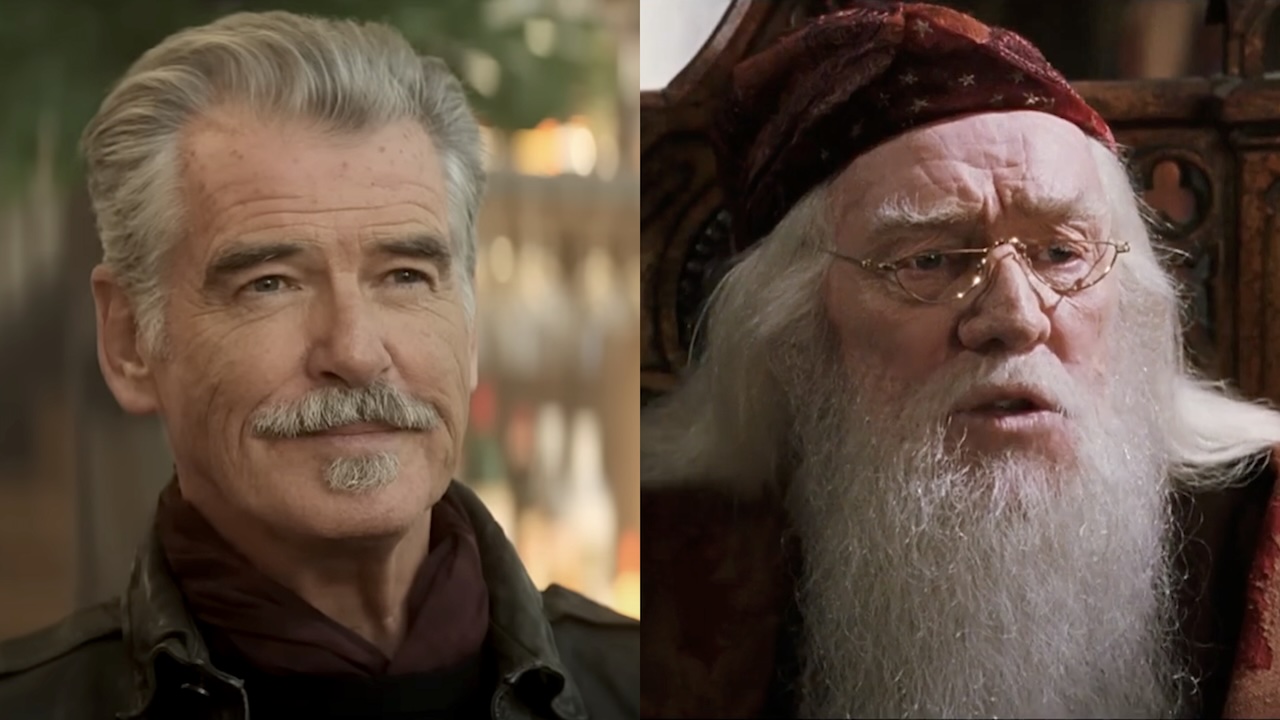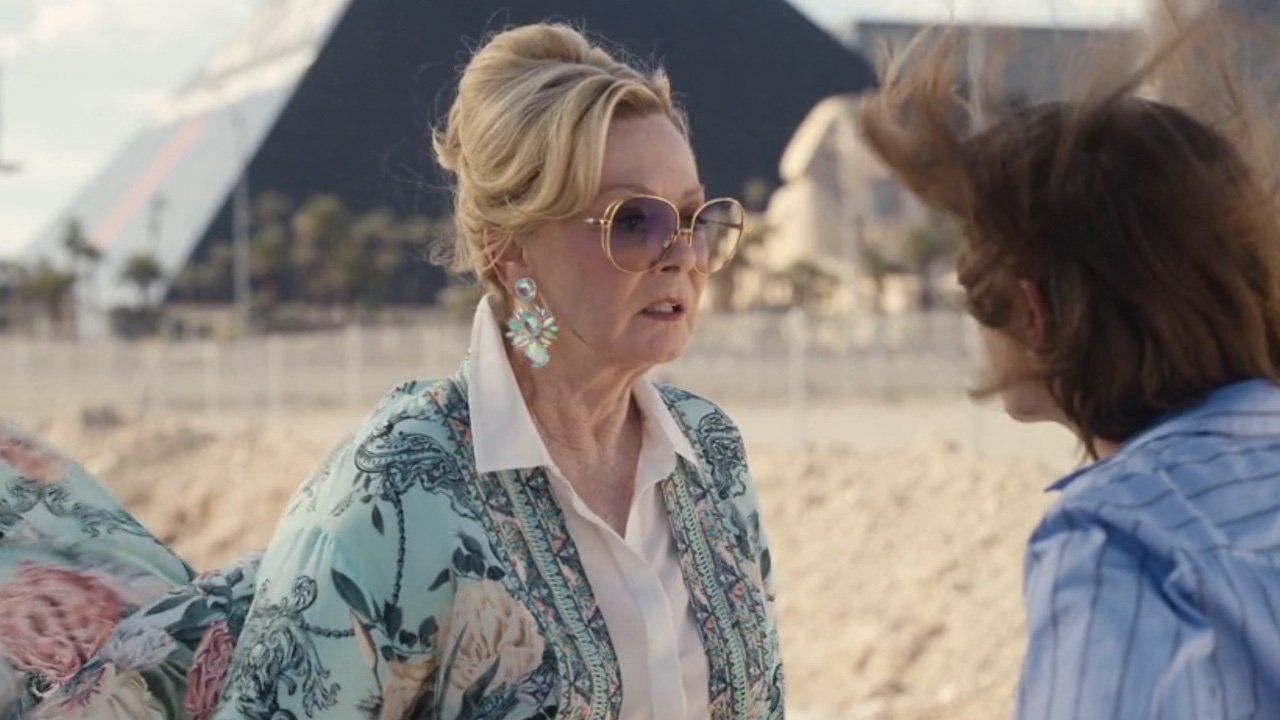EA Believes Next-Gen Will Usher In A New Golden Age Of Gaming

President of EA labels, Frank Gibeau, talks extensively in a new interview about the upcoming transition into the next-generation of gaming. He talks about EA's business models, the future of the industry business models as well as what he believes will be the new Golden Age of gaming.
GameIndustry.biz has a well-written rundown of Gibeau's business exposition about the future of gaming where Gibeau states...
"I've been in the industry for a fair bit of time, and looking at the chaos that people perceive is happening out there right now, frankly, from my perspective, the underlying opportunities are so huge that we're about to embark on a whole new golden age of gaming,""From this chaos, you're going to get a new order, a new approach, that's going to be a very vibrant time for games... Yes, there's chaos right now, but a golden age is coming."
GI writer Matthew Handrahan makes the astute observation that EA's GamesCom booth is riddled with been-there, done-that. Sequelitis.
There's nothing new or innovative coming out this fall or early next year from EA for home consoles. Yet, at the same time it's rumored that the next-gen machines from Microsoft and Sony are on the horizon for a fall 2013 and fall 2014 release.
Gibeau actually has an explanation for why there are so many sequels and why this latter half of the seventh gen of gaming has been riddled with age-old concepts, dumb-down gameplay and one sequel too many, saying...
“...if you look at the market dynamics, as much as there's a desire for new IP, the market doesn't reward new IP this late in the cycle; they end up doing okay, but not really breaking through. We have to shepherd the time that our developers spend, as well as the money that we spend on development in a positive way, so we're focused on bringing out a bunch of new IPs around the next generation of hardware."“When you launch a new IP it needs to do something really, really remarkable, and that's easier to do when you have a new set of technology that gives you novel capabilities.”
So why is it that Journey was the best selling and fastest selling game on the PlayStation Network? And how is it that MineCraft for the Xbox 360 managed to move more copies than Protoype 2 did across the Xbox 360, PS3 and PC?
Gibeau's logic and reasoning is highly flawed or he's just using PR speak to hype up the importance of EA's upcoming games. Sales for new and innovative games seem to fall in favor of new IP, not rehashes. Of course the Call of Dutys and Halos will sell, they're mainstream brands with established brand recognition. But just because you're dolling out sequels doesn't mean they're going to sell more than new IP. This just goes to show that Gibeau is trying to measure success based on marketing data and not the perception a title has within the actual gaming community.
CINEMABLEND NEWSLETTER
Your Daily Blend of Entertainment News
From there, Frank switches gears on how IP can be used in various business models, reiterating the company's new policy on focusing attention on the freemium model, stating that...
“From my perspective, I don't see free-to-play slowing down because it works on so many levels,""I actually think that free-to-play is going to be the dominant business model in this industry before the end of the decade. It will be the model that most people are used to."
The thing is, free-to-play does not guarantee success. F2P titles shut down all the time because of waning or lacking player interest. Games such as Metal Assault, NIDA Online and just recently, City of Heroes, all met their end due to waning interest. One excuse or the other can be used to justify why these games shutdown, but it still circles back around that just because a game is free-to-play does not equate to guaranteed success.
A lot of gamers are also picking up a rather averse reaction to games that are free-to-play due to the stigma that it usually turns into pay-to-win, or whoever has the most money to spend in the cash shop usually comes out on top. I really don't see this perception within the community changing, especially when companies like EA feed into the pay-to-win agenda with their own free-to-play titles such as Battlefield Play4Free and Need for Speed Online, both of which suffer badly from the pay-to-win syndrome.
If EA isn't up to par for changing with the times to suit the tastes of gamers, I can't really see the next-gen becoming the Golden Age of gaming in the way that it's portrayed by Gibeau.
Staff Writer at CinemaBlend.
Hacks Went Back To Vegas, And It Made Me Miss The Old Seasons For One Big Reason
Tom Cruise's Running Style In The Mission: Impossible Films Is Iconic, And Apparently, It's Connected To One Of His Outsiders Co-Stars
Somebody Actually Used It’s Always Sunny In Philadelphia’s Musical To Propose, And It’s Weirdly Sweet

